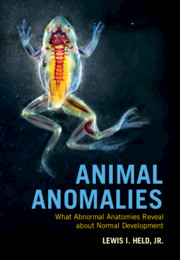Helicobacter pylori is an accepted cause of chronic active gastritis and has a major causative role in peptic ulceration. It is a gastric carcinogen. Its role in non-ulcer dyspepsia (NUD) is less clear; yet 50 per cent of patients with NUD are infected with H pylori. H pylori has been investigated in several other organ systems, but has not been investigated extensively in squamous cell carcinoma of the upper aerodigestive tract, a region which could be directly exposed to the bacterium by gastro-oesophageal reflux (GOR).
In this study 61 patients with severe laryngeal dysplasia or frank carcinoma of the head and neck are striated by age, investigated for the presence of antibodies to H pylori and compared to age and sex matched controls.
In the age group of 46–61 years, the presence of H pylori antibodies was marginally greater in the experimental (63.0 per cent) than the control group (40.7 per cent) (Pearson Chi square p = 0.055, Fisher 2-sided exact test p= 0.066). When combining this age group with the younger age group and thereby creating two roughly equal groups (n = 31 and n = 30) there was also a statistical trend towards increased positivity in the experimental group. These findings are discussed in the light of other studies with gastro-oesophageal reflux disease (GORD).
